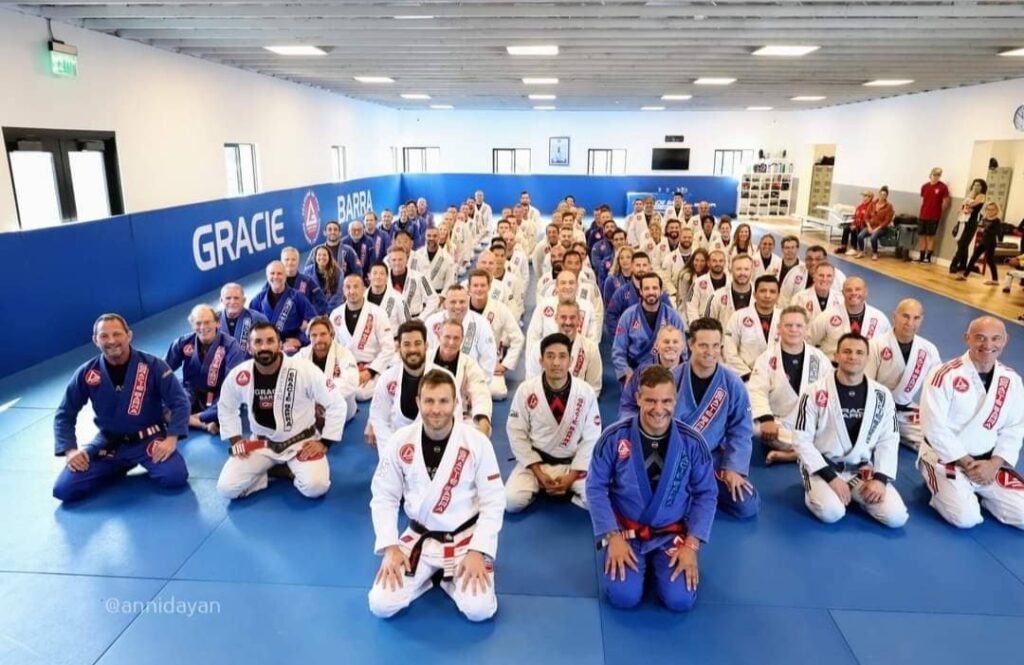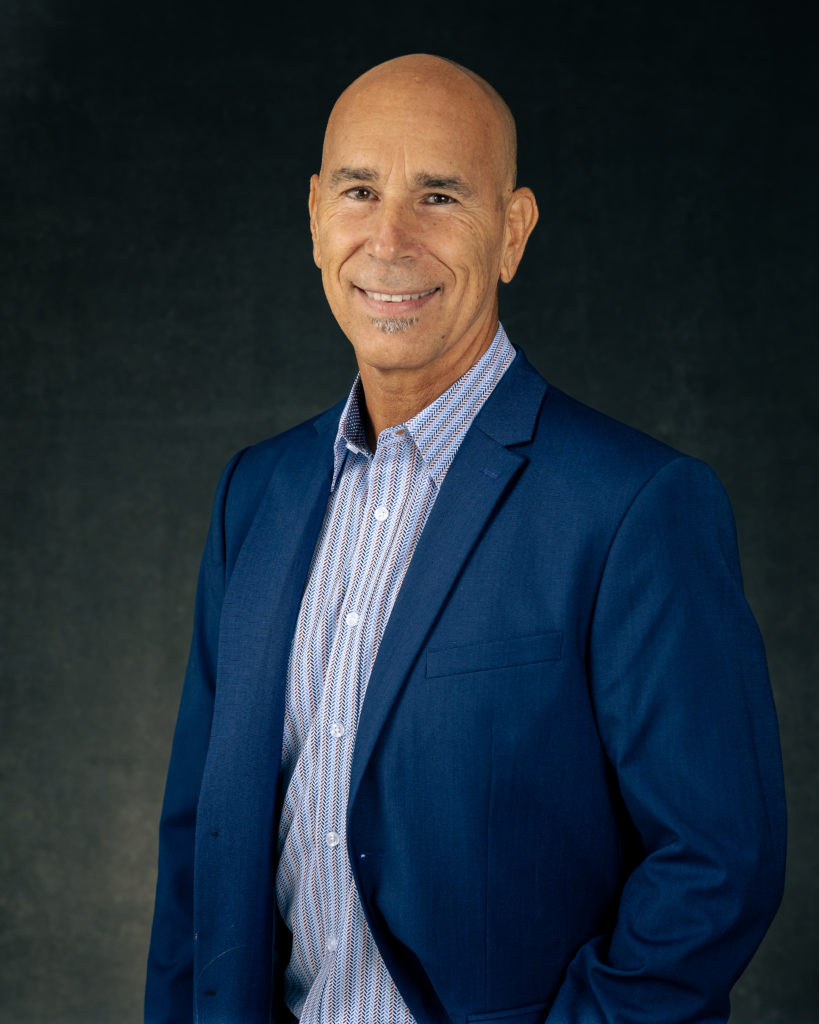As a coach, I’ve often pondered the nature of consciousness and its impact on our lives. Inspired by Sidney Banks’ insights in his book, The Missing Link, I’ve come to understand that as our consciousness descends, we can lose our feelings of love and understanding, plunging into a world of emptiness and despair. This realization led me to a profound insight: our consciousness, much like the weather, comes and goes. It’s an ever-changing landscape over which we have little control. Thus, there’s no need to take our bad feelings personally. They are temporary, fleeting, and not a reflection of our true selves.
This perspective has profoundly influenced my coaching practice. By recognizing that emotional states are transient, I’ve learned to approach my clients with greater empathy and compassion. Instead of rolling up my sleeves and trying to fix their emotional struggles or rescue them from their temporary despair, I strive to remain grounded and calm in the midst of their storms. I offer comfort and reassurance, reminding them that “this too shall pass.”
Imagine consciousness as an ocean, with emotions as its waves. Sometimes, we encounter riptides—strong currents of negativity and confusion. The natural instinct is to fight against these currents, to swim desperately toward the shore. But this often leads to exhaustion and overwhelm. Instead, I encourage my clients to swim parallel to the shore, navigating their way calmly until they reach safety. This metaphor beautifully encapsulates the essence of managing our emotional states.
In my practice, I invite clients to get comfortable being uncomfortable. It’s about embracing the challenge of getting better at feeling, rather than reacting impulsively or chasing fleeting moments of happiness. To truly grow, we need to improve our ability to experience emotions fully, without the constant need to feel better immediately. This shift in focus—getting better at feeling instead of trying to feel better—can be transformative.
When my clients adopt this mindset, they begin to see their emotional storms differently. They no longer view negative emotions as something to be feared or avoided but as natural parts of their human experience. This acceptance fosters resilience and self-awareness, helping them navigate life’s challenges with greater ease and confidence.
To integrate this philosophy into my coaching sessions, I employ various strategies and practices. Mindfulness exercises, for instance, help clients stay present with their emotions without judgment. Reflective journaling allows them to explore their feelings in depth, fostering a deeper understanding of their inner landscapes. Through guided visualizations, they learn to navigate their emotional riptides, finding calm amidst the chaos.
Ultimately, my goal is to empower my clients to recognize their inherent resilience and strength. By teaching them to embrace their emotions, I help them build a healthier relationship with their inner selves. They learn that it’s okay to feel discomfort, that these feelings are temporary, and that they have the capacity to weather any storm.
In embracing this perspective, we discover that our emotional riptides are not obstacles but opportunities for growth. They teach us to trust in the natural ebb and flow of our consciousness and to find peace amidst the turbulence. This journey, though challenging, leads to a deeper connection with ourselves and a more profound understanding of what it means to be human.








